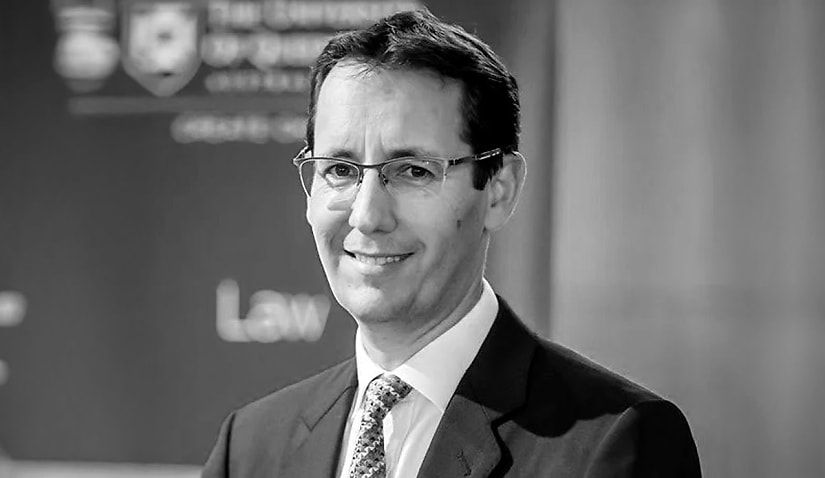By bowing down to the threat of executive orders and allowing the purge of independent lawyers, the US legal profession has cleared the path for authoritative rule, an Australian judge observed.

Due only to the “personal grievances” held by US President Donald Trump, a number of commercial firms were hit with executive orders or other forms of punishment. This should be cause for concern, the Federal Court of Australia’s Justice Angus Stewart said in his recent speech, Liberty, Lawyers and Literature.
For example, several attorneys from Washington DC firm Covington & Burling had their security clearances revoked for daring to assist a special counsel with an investigation into Trump’s involvement in the 6 January riots and his handling of classified documents.
One month later, an executive order was made against firm Perkins Coie for its representation of Hilary Clinton during the 2016 election campaign and its diversity, equity, and inclusion (DEI) initiatives.
While some firms have fought against Trump, there are many others that have made “pre-emptive” deals to ward off their own executive orders. The deals include committing millions in pro bono services for causes approved by the Trump administration, ending DEI initiatives, and disavowing lawyers who attempt to stand against him.
In a speech delivered at the Chartered Institute of Arbitrators Australia Masterclass, Justice Stewart, referenced the words of District Judge Beryl Howell, who linked the executive orders to a phrase used in Shakespeare’s Henry VI, Part II: “The first thing we do, let’s kill all the lawyers.” Careful reading of that text reveals that disposal of lawyers is a “step in the direction of a totalitarian form of government”, the judge said.
Importantly, Judge Howell added: “Only when lawyers make the choice to challenge rather than back down when confronted with government action raising non-trivial constitutional issues can a case be brought to court for judicial review of the legal merits.”
Justice Stewart said a failure to challenge is the danger “that all lawyers in the profession must be vigilant against”.
“The vigorous independence of the legal profession is fundamental to the rule of law and the defence of liberty; a cowed and subservient legal profession clears the path for authoritarian rule,” he added.
Without independence, Justice Stewart said lawyers cannot maintain the position of safeguard between the power of the state and the rights of an individual. Independence also ensures lawyers act with courage when representing clients, including those who are vulnerable, marginalised or in a similar conflict with authority.
“History shows that when legal professions are co-opted, regulated to the point of submission, or forced to align with government policy, the rule of law collapses into rule by law,” Justice Stewart said.
“A truly independent legal profession serves as a check on the erosion of democratic norms and arbitrary exercise of power.”
